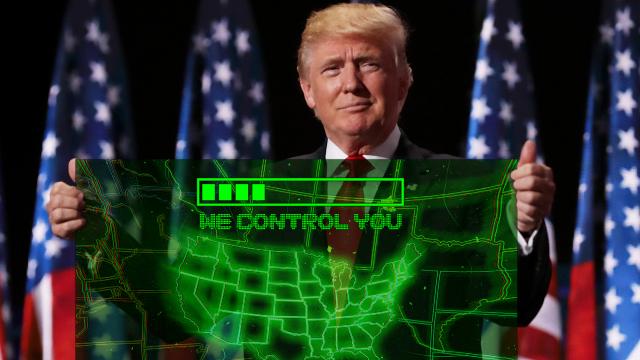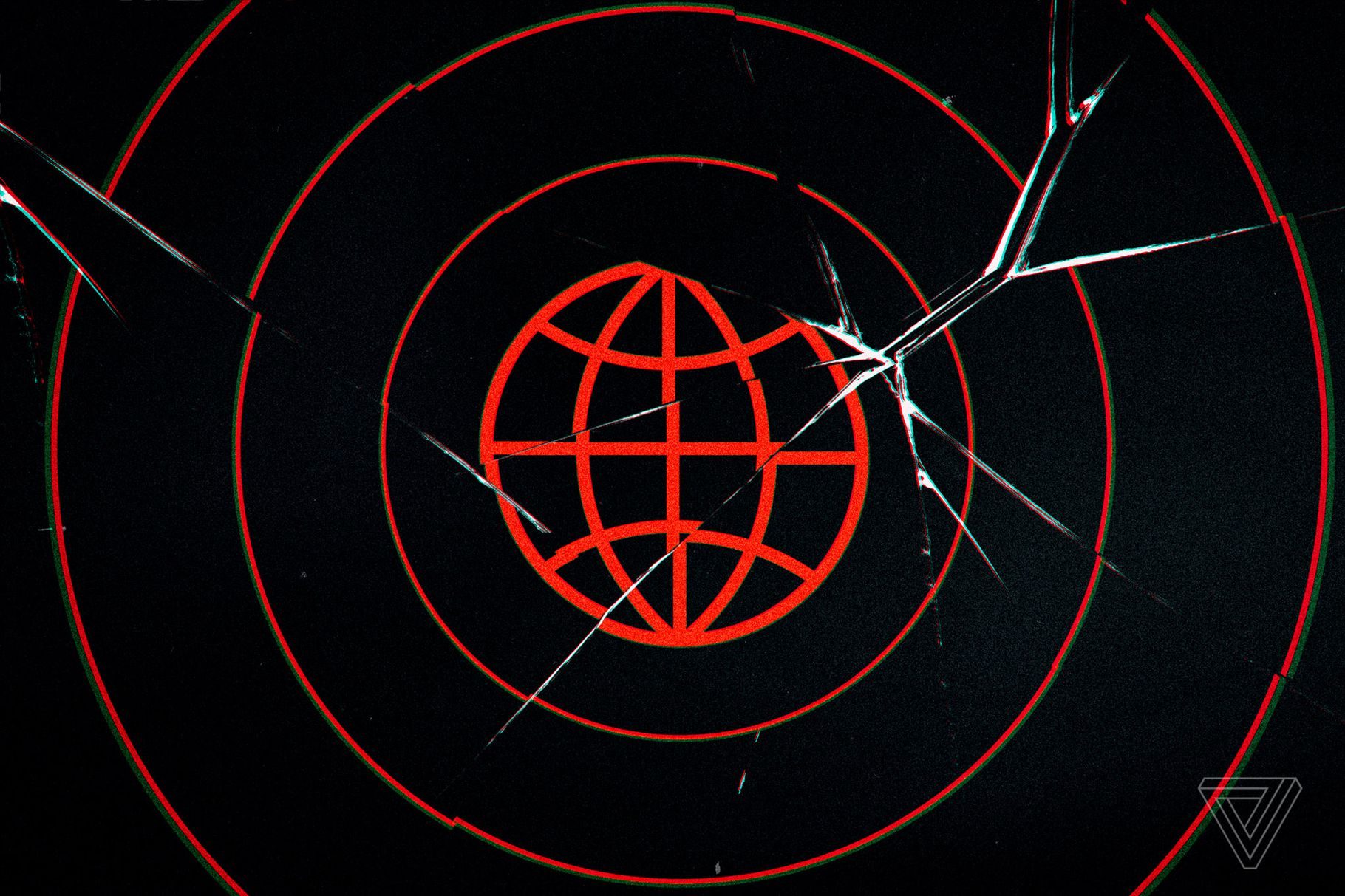
The Justice Department has hit back against California’s attempt to restore net neutrality rules with a lawsuit that alleges state legislators are attempting to “subvert the Federal Government’s deregulatory approach.” The suit was announced jointly by representatives of the Justice Department and FCC Chairman Ajit Pai.
As the most populous U.S. state and home to many of the world’s largest tech companies, California’s net neutrality rules, passed into law Sunday, hold significant sway. The DoJ lawsuit is likely to become a key test of the federal government’s net neutrality legislation, establishing whether states have any right to enact their own rules that go against those imposed at the national level.
California isn’t the only state that’s attempting to restore net neutrality. The National Conference of State Legislatures reports that as of August 27th, legislators from 30 states have introduced over 72 bills around various net neutrality principles. Governors in six states have signed executive orders, and Oregon, Vermont, and Washington have already adopted their own net neutrality rules following the FCC’s reversal.
“Once we establish California as a model of a state taking action, other states may follow, and then I think you may see some of corporate America say ‘O.K., let’s have a federal law, because we don’t want to have to do different things in different states,’” House Minority Leader Nancy Pelosi said at a press conference in San Francisco, Politico reported.
The fight over net neutrality has prompted strong responses on both sides of the issue. California Attorney General Xavier Becerra lambasted the Trump Administration for ignoring the “millions” of Americans opposed to net neutrality’s repeal and said that California “will not allow a handful of power brokers to dictate sources for information or the speed at which websites load.”
Becerra even went as far as to say net neutrality could mean the difference between life and death after a California fire chief suggested that Verizon’s data throttling had slowed his department’s response to the recent wildfires.
Meanwhile, the Justice Department called California’s new legislation “extreme,” “illegal,” and “burdensome” on internet providers. FCC chairman Ajit Pai has claimed that it harms consumers by restricting so-called “free-data” plans, which allow internet providers to zero-rate data from certain services.
Zero-rating is an area that has proved particularly divisive. The Obama era’s net neutrality rules did not explicitly ban the practice (it left it open for further study), but California’s new legislation does. Although Pai claims that zero-rating is popular amongst “lower-income Americans,” others argue that it gives incumbent internet services an unfair market advantage, while letting internet providers pick the winners and losers. In other words, what chance does a new streaming media service have if internet providers can bundle free access to Netflix without it impacting users’ data caps?
“While the Trump Administration does everything in its power to undermine our democracy, we in California will continue to do what’s right for our residents,” said the bill’s sponsor, California Senator Scott Wiener. “Net neutrality, at its core, is the basic notion that we each get to decide where we go on the internet, as opposed to having that decision made for us by internet service providers. It’s also about ensuring a level playing field for ideas and for businesses trying to compete.”
Originally published by The Verge














